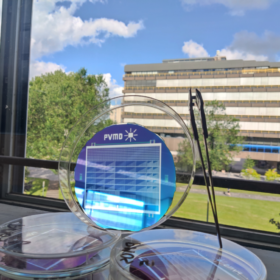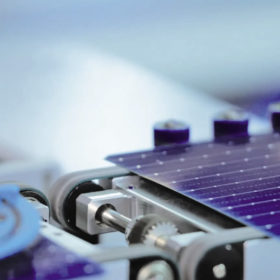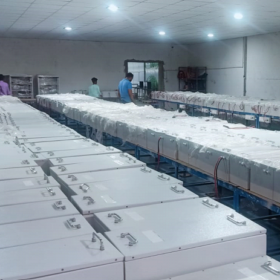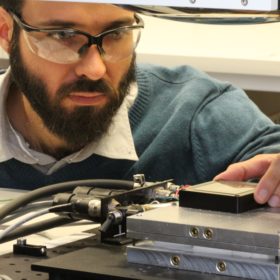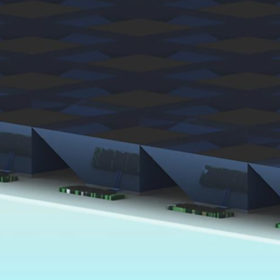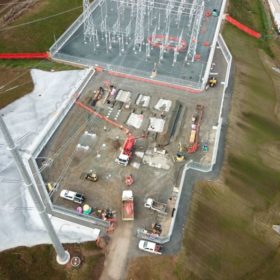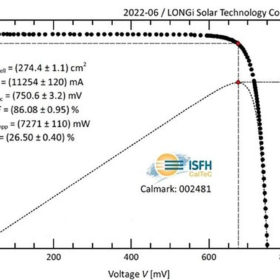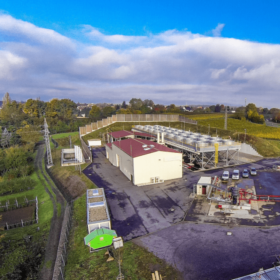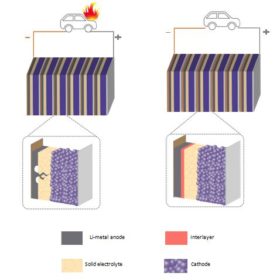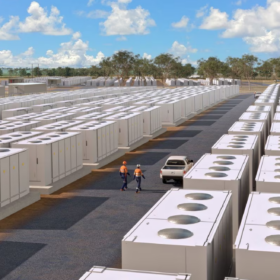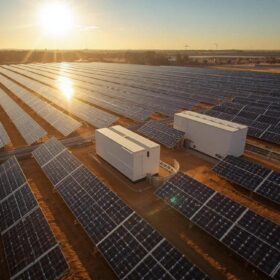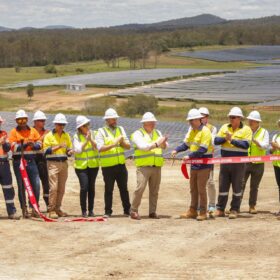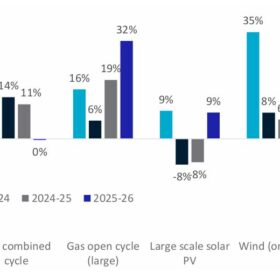Solar cells integrating power electronics
Researchers in the Netherlands investigated the potential for integrating power electronics in solar cells in the form of diodes, transistors, capacitors, and inductors. They believe that this kind of PV cell may initially find applications in PV-powered Internet-of-Things (IoT) devices and later, as the economy of scale kicks in, in large-scale applications.
Perovskite-silicon tandem solar cell with TOPCon structure hits 27.6% efficiency
A research group led by Chinese manufacturer JinkoSolar has developed a tandem perovskite-silicon cell with a subcell based on TOPCon tech. The group succeeded in reducing voltage losses in the silicon sub-cell by minimising the shunting probability during device fabrication.
Indian manufacturer plans new lithium battery factory
India’s Sanvaru is expanding its lithium battery production capacity to 400 MWh per year by setting up a new factory in the Indian state of Uttarakhand. Its devices are used for stationary and EV storage.
Australian researchers reveal improvements for solar window technology
A team of Australian scientists has declared the prospect of buildings, particularly those with glass facades, becoming close to self-powering is a step closer to realisation after developing a 15.5% efficient semi-transparent solar cell which allows more than 20% of visible light through.
Glass pyramid concentrator for solar cell applications
Stanford University scientists have built an optical concentrator that purportedly harvests more than 90% of the light that hits its surface.
AEMO reveals new roadmap for rapid switch to renewables
The Australian Energy Market Operator has declared approximately $12.7 billion of investment in new transmission lines should begin “as urgently as possible” to accelerate the transition to renewable energy and energy storage, replace exiting coal-fired power plants, and deliver a more efficient and effective grid in eastern and south-eastern Australia.
Longi’s heterojunction solar cell hits 26.5%
Germany’s Institute for Solar Energy Research Hamelin has confirmed that Longi’s new n-type heterojunction solar cell has achieved a power conversion efficiency of 26.5%.
Aussie company’s ‘zero carbon’ lithium project tantalises European markets
ASX-listed company Vulcan Energy announced a $76 million equity investment from one of the globe’s top five automakers, Stellantis, which owns brands like Peugeot, Citroen, Fiat, Chrysler and Opel. The deal, Vulcan managing director Francis Wedin told pv magazine Australia is one of number in the works as the European market clambers to secure not just lithium, but sustainably produced lithium, from the Aussie company. Wedin explains precisely how the company’s novel lithium extraction method works and why it finally affords properly green credentials a vital battery resource.
Single-axis trackers on commercial rooftops increase generation by 37%
Alion Energy trackers thread the return-on-investment needle with productivity gains from white roofs and bifacial modules, while design aggressively maximises module count.
Indian researchers find way to stop dendrites in solid-state lithium batteries
Researchers from the Indian Institute of Science, Bangalore, have found that nanoscopic refractory metal layers like tungsten could improve dendrite growth tolerance in electrolytes of solid-state Li-ion batteries. The team collaborated with researchers from Carnegie Mellon University.
